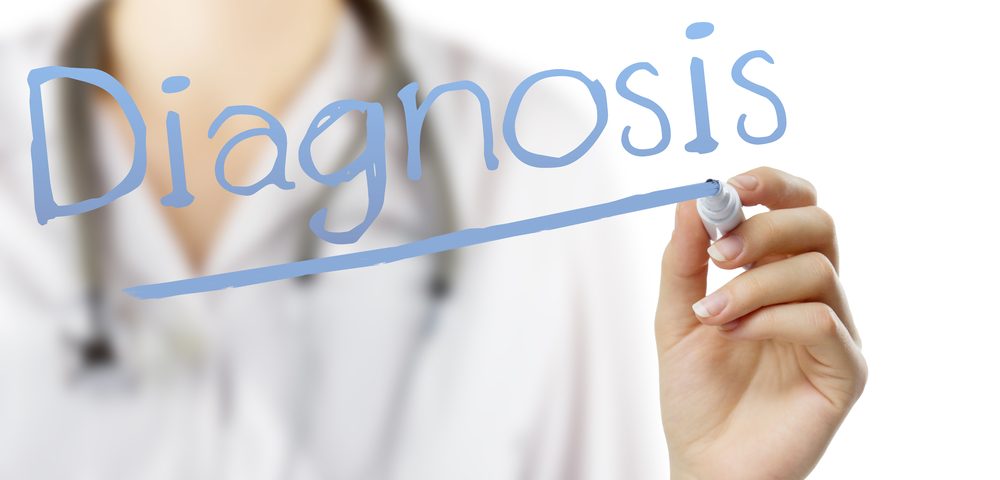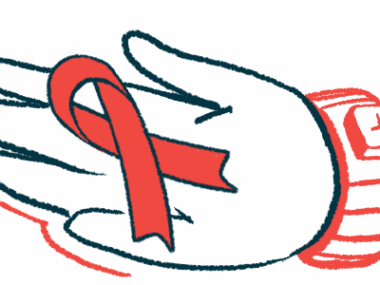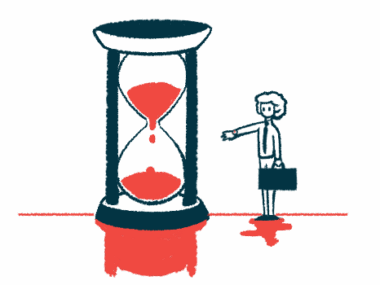ALS Ground Zero: Walking ‘Drunk While Sober’ at the Ballgame
Written by |

My first symptomatic expression of ALS may have been as I left a football game. I fell flat on my face. At the time, I blamed it on the sun and the beer, although that combination in the same dosages had not felled me before.
Shortly after, I became prone to occasional, random stumbling. These balance lapses I attributed to aging and a lifetime of basketball. About this time, I also began experiencing an irregular gait during my recreational runs.
I finally admitted to myself that something was wrong when I tried to walk across the street. Judging the pace of traffic while counting on my known foot speed, I envisioned a brisk jog kind of crossing. Only I couldn’t. The quicksand containing my left foot would not release it. Disappointed, but not despondent, I resigned myself to certain surgery on my left ankle.
My procrastination, from an expense burden standpoint, proved to be unwise. In the midst of all this, I had accepted a contract-to-hire position at a local startup. The “to-hire” part of it never materialized, as the startup suffered some financing woes. The temporary absence of health and long-term disability insurance, which would have accompanied permanent employment, didn’t trouble me. Physically, I was in fine shape, with all critical blood tests in the optimal range. This was my mindset as I headed to see my doc.
My appointment was with a physician assistant, further demonstrating to me that the situation, in the grand scheme of things, was routine. The assistant noted that my left ankle seemed locked, noting it as the likely culprit in my “walking drunk while sober,” as I had begun to call it. With that, I had a referral for a trip to an orthopedic specialist.
It was then that the curveballs began. The doctor, after acknowledging that surgery would certainly clean up my “ankle crap,” said he thought there might be something neurological in play. After a battery of tests and ample time to conduct internet research, I gulped a deep breath and walked into the neurologist’s office, prepared to be told I had a brain tumor or spinal trauma, and hoping for nerve damage or some garden-variety neuropathy.
“I’m afraid you have amyotrophic lateral sclerosis.” ALS. With that pronouncement, my senses went haywire. All sound reduced to white noise. Save for a small, fuzzy but bright circle in the distance, my still-opened eyes produced no vision. I could neither taste nor feel. A ball of bile formed in my throat. It was only later when I coughed it up that I became aware of its presence.
I wondered if I would live to be 50. I was two weeks shy of turning 49.
I thought about Lou Gehrig. When I was very young, I watched “Pride of the Yankees.” For several nights afterward, I dreamed that I had ALS. My father offered comfort, emphatically stating that I never would develop the disease. Little did we know that there was no expiration date on nightmares.
For the first and only time in my life, I contemplated suicide.
In hindsight, I should have acted differently. While there is no outcome advantage to an early ALS diagnosis, I would have sought medical intervention sooner. From a practical standpoint, the delay cost me in uninsured medical bills. That, plus the difference between what my social security disability benefit is and what my long-term disability insurance payout would have been, are not trivial. And it’s not just monetary pain. The intangible opportunity loss of not being able to decide whether to check off “bucket list” items, prior to greater functional decline, is incalculable, but real nonetheless. My procrastination was punitive.
The other aspect that I’d change is to have sought input from an ALS patient. In the immediate aftermath of my bombshell dropping, pressing concerns loomed large, such as what to do next, what to expect short- and long-term, what resources are available, whom to trust, and whom to be wary of. A great source of knowledge, relative to any subject matter, is a curator. What better curator than someone likewise afflicted?
Post-diagnosis, I struggled mightily for a sense of purpose. I was in the dark. Over time I found both partial purpose and some light. I now volunteer myself as a “first responder” advocate for folks grappling with the ground zero-like horror of ALS hell.
I believe the phrase “misery loves company” has relevance. But not in the manner that Mephistopheles intended. Knowing you’re not alone in the life raft has a buoyancy effect. In the Bible, Isaiah 58:10 says to “satisfy the desire of the afflicted, then shall your light rise in the darkness.” I want that light. And I want to share it.
***
Note: ALS News Today is strictly a news and information website about the disease. It does not provide medical advice, diagnosis, or treatment. This content is not intended to be a substitute for professional medical advice, diagnosis, or treatment. Always seek the advice of your physician or other qualified health provider with any questions you may have regarding a medical condition. Never disregard professional medical advice or delay in seeking it because of something you have read on this website. The opinions expressed in this column are not those of ALS News Today or its parent company, Bionews Services, and are intended to spark discussion about issues pertaining to ALS.






Zenaida
Hello,
Great article “walking drunk while sober”, certainly, very well written and expressed . It definitely is ALS hell and nightmare. I pray too and also want the light that is mentioned in Isaiah 58:10, for all those suffering with this disease, words cannot even begin to explain the pain and suffering for the patient as well as for the family members.
My prayers are for all of us suffering , may we try to keep strong and faithful !!
Saisnath Baijoo
I sympathize with you . My first symptoms were imbalance and walking like I am drunk but alcohol is not consumed by me
Mary Ellen Fitzpatrick Dennard
My walking became increasingly more difficult as I started with right drop foot. My leg muscles were the first to go, feet, to calves, then thighs. 2 years after diagnoses, I use a scooter or wheelchair now, and must be transferred to toilet, lounge chair, and bed. Recently my fingers have weakened to uselessness. Some days I am okay, but other days are filled with anxiety and depression. The .medication is not possible for me. It really sucks.
Chris M
Can you share what you mean - an ALS "first responder advocate". I have a loved one just diagnosed with ALS. Is this something that could help him?
Rick Jobus
It is something I do personally, not a formal program. I am more than happy to commiserate with, or counsel your loved one.
Chris M
Thank you so much for the offer. I will be with my brother this weekend and will extend the idea to him. It did not occur to me until reading your article how much help it might be to someone to talk with someone who truly relates to this diagnosis. How can I reach out to you again?
Also thank you for your articles. They help me understand more about the challenges my brother faces and hopefully provide better support to him.
Rick Jobus
my email is [email protected]
Adele
I love your articles, I wish my english is better that I can express myself as well as you. I have a problem with diagnoses of ALS, it diagnosed by symptoms but other possibilities are not excluded as spinal cord stenosis, what should be seen with neurosurgeon.
You should published a book with your stories “Talking with ALS”, it will be a great read for the people affected by it. Maybe your could ask readers to send you their stories how all started, how they are followed, which help they get and add that to the book.
I was hopping that I will get out of the problems and missed “bucket list” opportunity.
How do you travel? Be well.
Marty Sims
Rick you are a wonderful writer! Please keep them coming!!
Ande
Hi Rick
My prayers are with you my friend.
Ande?
Francis
I have attempted to be supportive of a few newly diagnosed pals as well. one mistake I think I have made, that I'd caution others about, is that my encouragement probably presumed that the journeys other pals were starting would be more similar to my own than they will be. Reading "Drunk while sober" reminded me how differently ALS effects each of us AND how much Pals and their loved ones do share. Thanks for the beautifully told story.